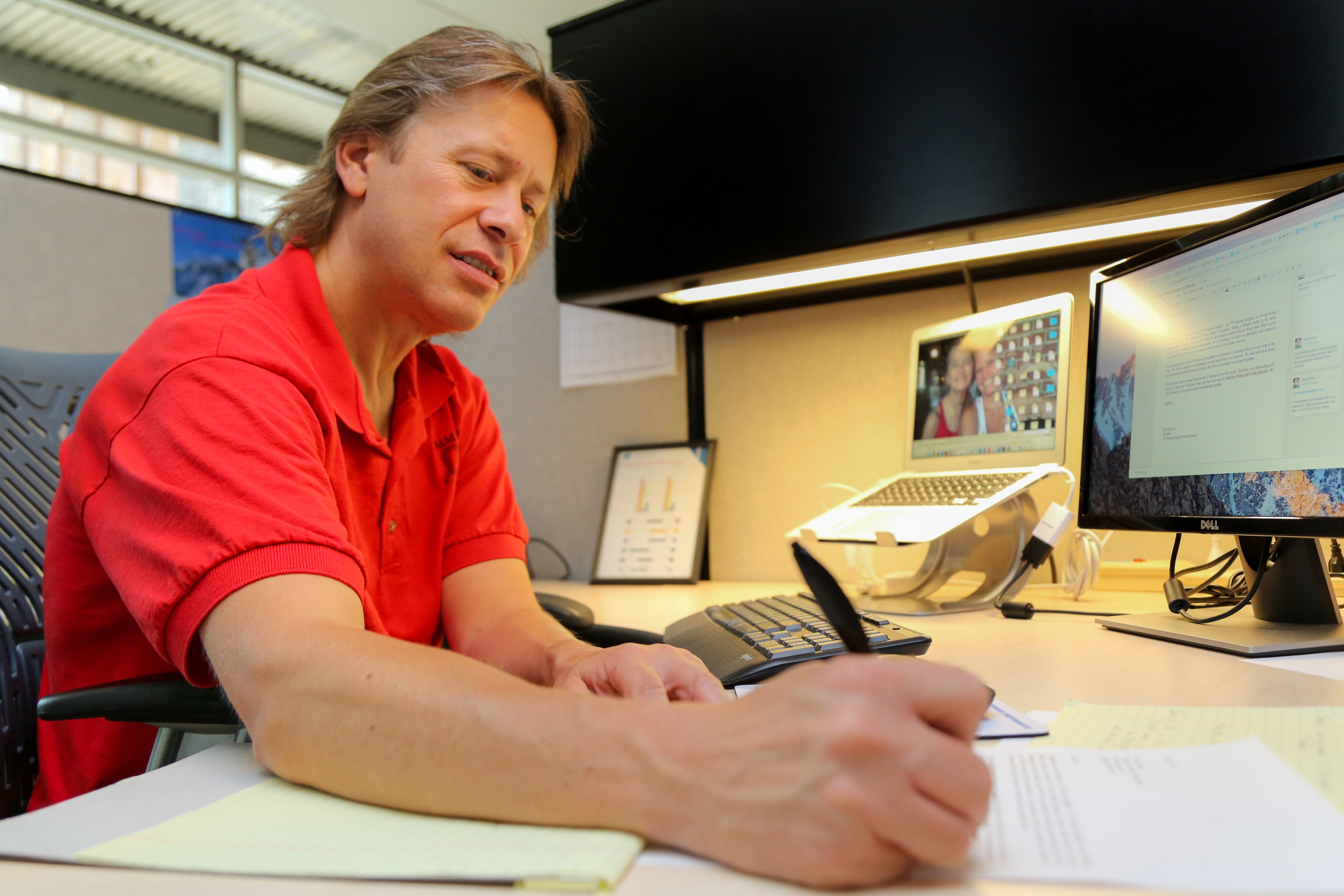 At TTI Success Insights, we create assessments, many of which are used in the employment screening process. The question of whether or not pre-employment personality tests scare away applicants is a common one. Gaining understanding regarding what the tools do and don’t do will certainly help clear many of the misconceptions in the marketplace.
At TTI Success Insights, we create assessments, many of which are used in the employment screening process. The question of whether or not pre-employment personality tests scare away applicants is a common one. Gaining understanding regarding what the tools do and don’t do will certainly help clear many of the misconceptions in the marketplace.
The answer to the question is maybe. Let’s dive deeper into what the answer will be dependent upon.
An important point of clarity to understand is that we prefer not to call them personality tests, but instead we call them multiple-science assessments. While personality may be a component of an individual, "multiple-science" indicates that there are multiple dimensions to an individual that are worth measuring, not just personality.
The best predictor of future behavior is past experience. A person will answer their assessment based on the preferences and experiences they have accrued over time. These answers they provide will generate a report that will lend a great deal of insight as to how a person will likely react in many different situations.
The assessments help employers find the ideal fit and realize who is “all in” by reviewing the manner in which they completed the assessment. It will also bring to light certain questions the employer should ask to dig deeper to learn more about the candidate. Assessments typically help a company hire a better quality of employee than through standard, traditional hiring practices alone. Finally, it gives companies a tool to help with the hiring process. Let’s look at each of these components a little more closely.
Helps employer find the right fit
Skill, will and fit sum up what companies should be seeking regarding new hires. Sure, a candidate needs to have basic skills to successfully execute their day to day activities. However, many people may possess the necessary skills, but it doesn’t mean they are a good fit or are all that motivated.
They also need to possess the will or the motivation to do that job day in and day out. They need to have the drive and the “want” to come in every day, even on days where they may be lacking energy or may be distracted by outside life events.
Most importantly, they have to fit in with others on the team. If one person is constantly going in their own direction while everyone else is going in a different direction, the potential for conflict increases.
So often, people are hired for skills and fired for lack of fit. This is the wrong approach, as people instead should be hired because they are a good fit, then taught the skills needed to succeed.
Helps employer understand who is “all-in”
Sometimes a potential candidate will not want to fill out an assessment. While that, in and of itself, may not be a deal breaker, it sheds some light on the practices of the individual.
While it makes sense to find out why they choose not to take the assessment, this information may be one of many things to consider when deciding whether or not the candidate moves forward in the process.
Helps employer ask the right questions
Assessments point out both areas where a candidate can thrive and areas where a candidate may potentially struggle. These areas give employers specific focus areas in which to base some of their tougher questions to get a more thorough understanding of their candidates.
For example, if a customer service job requires being great with people, and the candidate’s competencies score for Customer Focus turns out to be their lowest score, it warrants more questions in the interview process that can explore why the score was low. Maybe this person isn’t the right fit, or maybe they can be, but the information provided raises an awareness to the hiring manager to ask more questions about customer service related issues to learn more.
The person may have all the potential in the world, but maybe they’ve never worked in customer service or may have had a recent bad experience. The information should not be used to eliminate them as a candidate, but simply used to dive deeper to learn more about this specific area.
Helps the business to “level-up”
A solid percentage of businesses are using assessments to optimize their hiring practices. In fact, from 2001 to 2013, the share of large U.S. employers that used pre-hire assessments rose from 26% to 57%.
These assessments are giving a much deeper insight on potential candidates on the front end, helping companies make better hires. This keeps the cost of recruitment and training at acceptable levels when companies hire the right person the first time. One of our customers recently reduced their overtime and training costs by 57% by using assessments for before hiring talent.
Gives the employer a tool to strengthen the hiring process
It’s important to state that assessments are not a “be all, end all” solution when it comes to hiring. But they are a very important tool that should be strongly considered during the process. While there are no guarantees about anything in life, including assessments, they have proven over and over again to aid in the hiring process.
We recommend that the assessment influence only ⅓ of the hiring manager’s decision with the other ⅔ belonging to the resume and the interview itself. Using all three components in tandem will give a company a much more solid ground on which to base their hiring.
The answer (conclusion)
Do pre-employment personality tests scare away applicants? It’s hard to say. They might or they might not, it truly depends on each individual candidate. Those that are scared away may not be the ideal fit for your business so if it does scare away a candidate, it may be a blessing in disguise.
Never let a candidate’s hesitancy to take a pre-employment assessment be a reason to not administer one. There is far too much information to be gained by going through the process.



